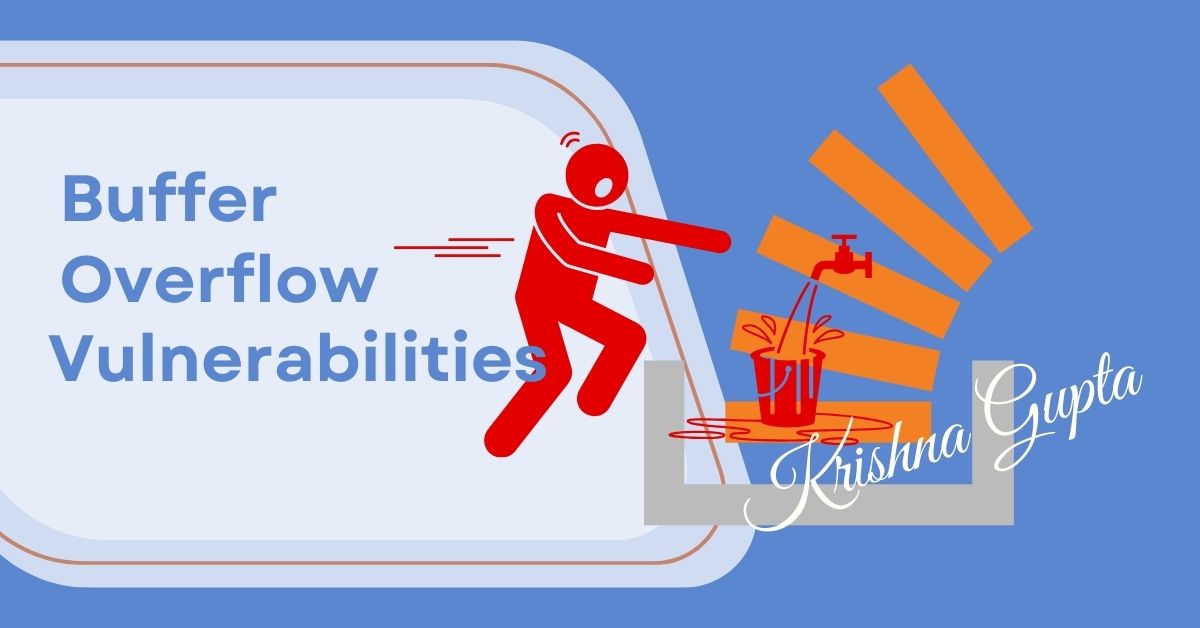Understanding CWE-476: NULL Pointer Dereference
In software development, a NULL pointer is a pointer variable that does not reference any valid memory location. Dereferencing such a pointer—attempting to access the memory it supposedly points to—results in undefined behaviour. In many systems, this leads to crashes, data corruption, or even exploitable vulnerabilities.


